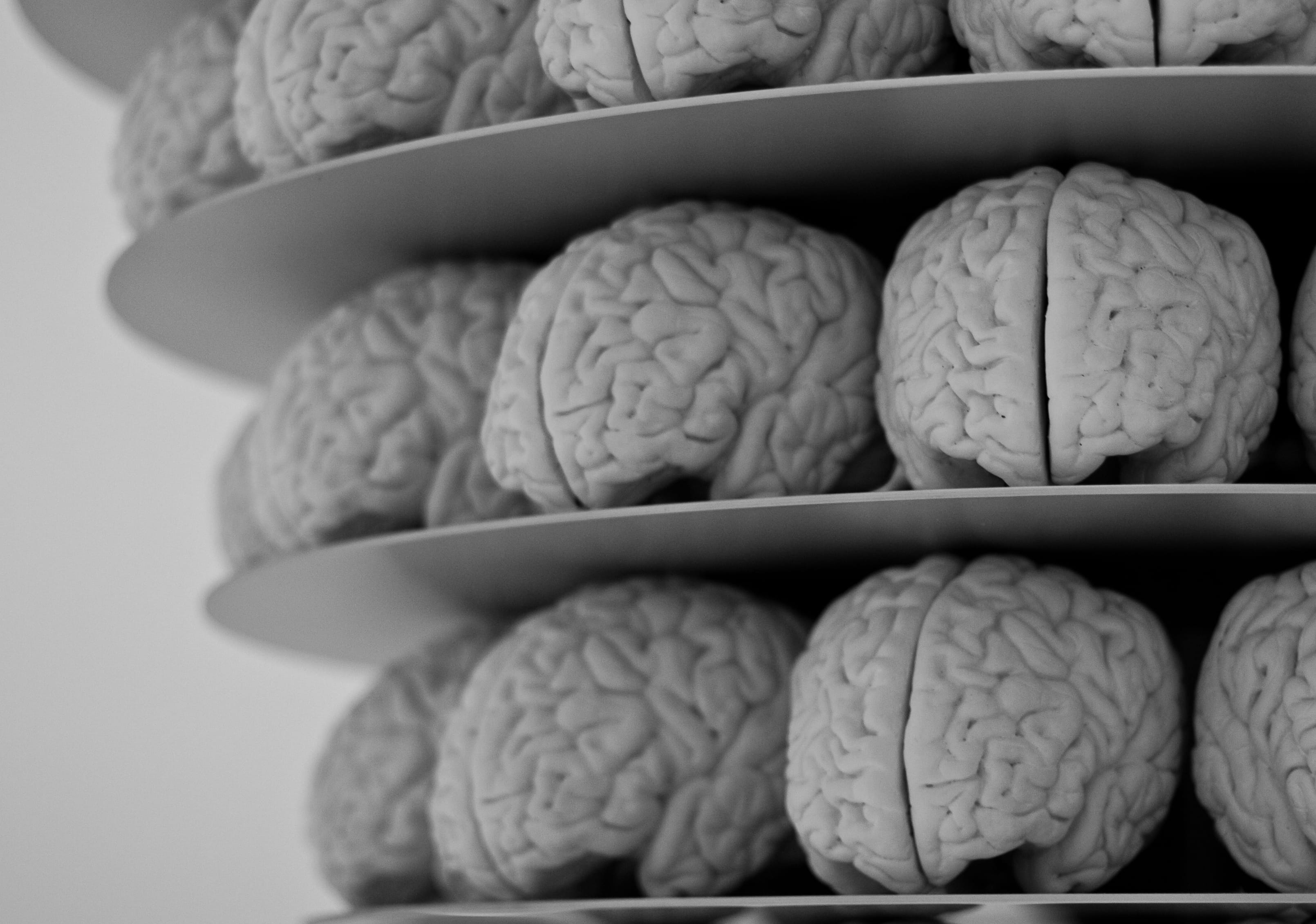You might think that whoever refers to their research as a relationship partner must have a twisted sense of romance or a strange method of conducting research. But let me explain…and let us start at the beginning: with my first date.
Does a clinical science traineeship add value to a research master on clinical neuropsychology? Yes! We can learn a lot from patients about the daily life consequences of brain disorders.
You could not have missed the building activities at the Heymans building. And you may have been forced to walk a detour through the garden to reach the new restaurant or other buildings of the faculty. But did you know that this garden is actually an ancient botanical garden that hides centuries of history? Your detour through the garden might not be so boring after all!
Brain areas seem to process and transfer information through brain rhythms. Information seem to be processed and transferred by rhythmic brain activity within and between brain areas. Currently, science tries to understand how these rhythms might be involved in producing actual behavior, and if targeting them with a new form of brain training would help muddle through psychological distress.
Men are oftentimes called “a little bit autistic” by women. In this blog post I, as a woman, will argue why we should not call our men like that. I write this blog to raise awareness of autism during the world autism awareness week running from March 26 till April 2.
The chances are good that you have heard of mirror neurons. They were once thought to be the harbingers of a scientific revolution, and promised to “do for psychology what DNA did for biology” (according to the prominent neuroscientist V. S. Ramachandran in an Edge essay in 2000). But the revolution didn’t happen. In fact, […]
Children with motor coordination problems experience problems in controlling balance games, causing lower scores than their peers. Training with active video games enhances better anticipation and faster responses, which not only lead to better game scores but also transfer to other activities needed in gym classes or the schoolyard.
Financial decision-making is crucial for an autonomous, independent life. Older adults might have more difficulties with financial decision-making due to cognitive decline that accompanies normal aging. However, an improved knowledge, experience and affective decision-making may lead to a stable or even improved age-related performance in other aspects of financial decision-making.
Do adults who report high level of Attention-Deficit/Hyperactivity Disorder (ADHD) symptoms have poor error-monitoring during effortful tasks? If so, which half of the brain is responsible for it? In this blog post, I will address these two questions.
In a clinical assessment, all people report their symptoms honestly and try to perform to the best of their ability, right? Well… unfortunately, quite a lot of people don’t! We examined the case of feigned attention deficit hyperactivity disorder (ADHD) in adulthood, and explored ways to distinguish between true and feigned ADHD.










